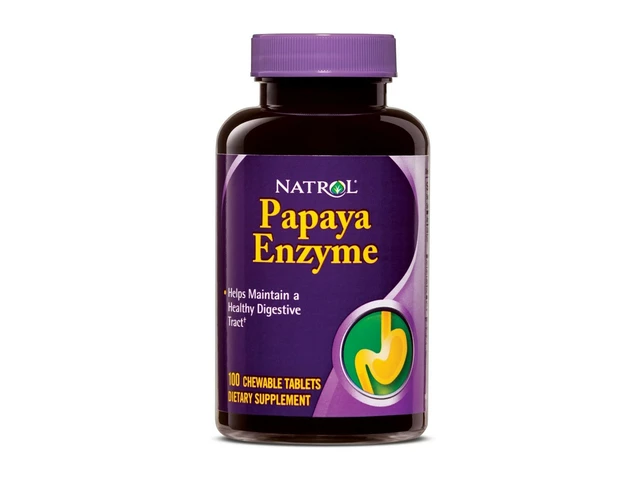Pharmaceutical Litigation — What to Watch and What to Do
Thousands of people each year are affected by medication recalls, safety warnings, and lawsuits against drug makers or online pharmacies. If a medicine you take shows up in the news for safety problems, you’ll want clear steps, not confusion. This tag collects plain-language guides, real examples, and practical advice about how litigation around drugs affects patients and buyers.
How to check if a drug or pharmacy is involved
Start with official sources: the FDA (or your country’s regulator), state attorney general sites, and public court records. Search the drug name plus words like “recall,” “lawsuit,” or “settlement.” Watch reputable medical news sites and sites that track drug safety alerts. For online pharmacies, look for licensing details and verified pharmacy seals—if those are missing, that’s a red flag.
Don’t rely only on forum chatter. If you find a lawsuit listed, read the basic complaint summary or press release to understand the claim: is it about manufacturing defects, misleading marketing, dangerous side effects, or shipping counterfeit meds? Each issue means something different for your next steps.
What to do if you’re affected
If you think a medication harmed you, write down exactly what happened: drug name, dose, dates, the pharmacy you used, your symptoms, and any medical records or bills. These details matter if you report an adverse event to the regulator or talk to a lawyer.
Report adverse events to the FDA MedWatch or your local equivalent. That helps regulators spot patterns and can influence recalls or safety labels. If the problem involved an online pharmacy, also report it to your bank or card company if you suspect fraud or non-delivery.
Thinking about legal action? Contact an attorney who handles pharmaceutical or product-liability cases. Many offer free reviews and work on contingency (they get paid only if you win). Ask about statutes of limitations—there are time limits for filing claims, and they vary by place and case type.
Settlements are common in pharma litigation. That doesn’t always mean guilt—companies often settle to avoid long trials and bad publicity. If a settlement is announced, check who’s eligible, what the claim deadline is, and what documentation you need to file a claim.
Want to protect yourself now? Keep medication records, buy from licensed pharmacies, verify generic names of drugs, and read labels. For online purchases, prefer pharmacies with clear contact info, verified licensing, and secure payment options.
On this tag you’ll find articles that explain specific recalls, compare alternatives when a drug is pulled, review online pharmacy safety, and walk you through filing a claim. If a medication issue touches your life, the right info and quick steps can make a big difference.
The Alarming Link Between Diflucan and Severe Skin Disorders: A Comprehensive Lawsuit Update
A recent update on lawsuits has put a spotlight on Diflucan, a popular antifungal medication, for its possible connection to severe skin conditions, Stevens-Johnson Syndrome (SJS) and Toxic Epidermal Necrolysis (TEN). Legal firm, Schmidt & Clark, LLP, is pursuing cases nationwide, offering insights into the drug's adverse effects and the legal recourse for affected individuals.
About
Health and Wellness
Latest Posts


Improve Your Digestion and Boost Your Immunity with Papain
By Marcel Kornblum May 15, 2023

How Darifenacin Helps in Managing Overactive Bladder Symptoms
By Marcel Kornblum Nov 18, 2025

How to Calculate Total Cost of Therapy Beyond the Copay
By Marcel Kornblum Jan 18, 2026

